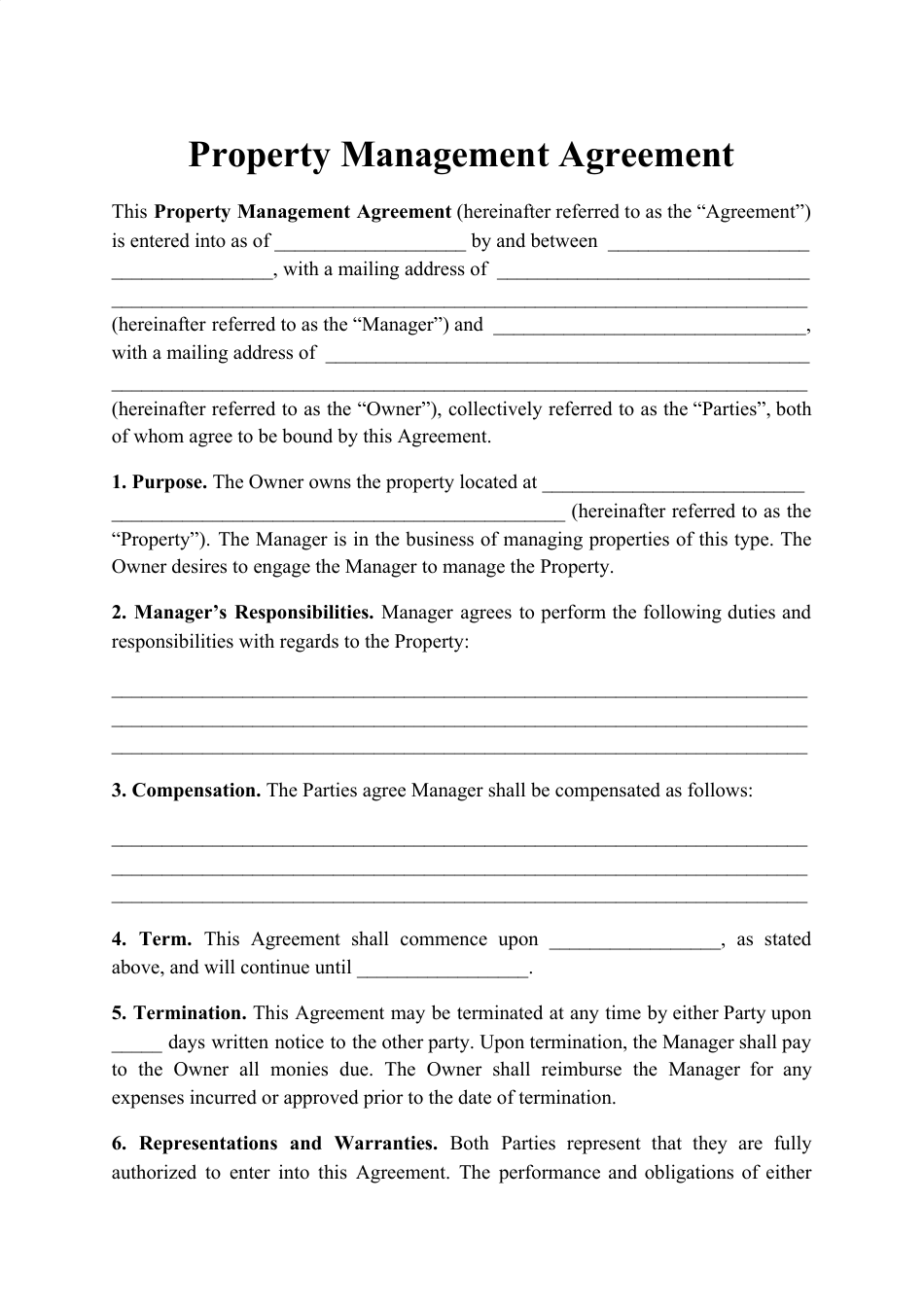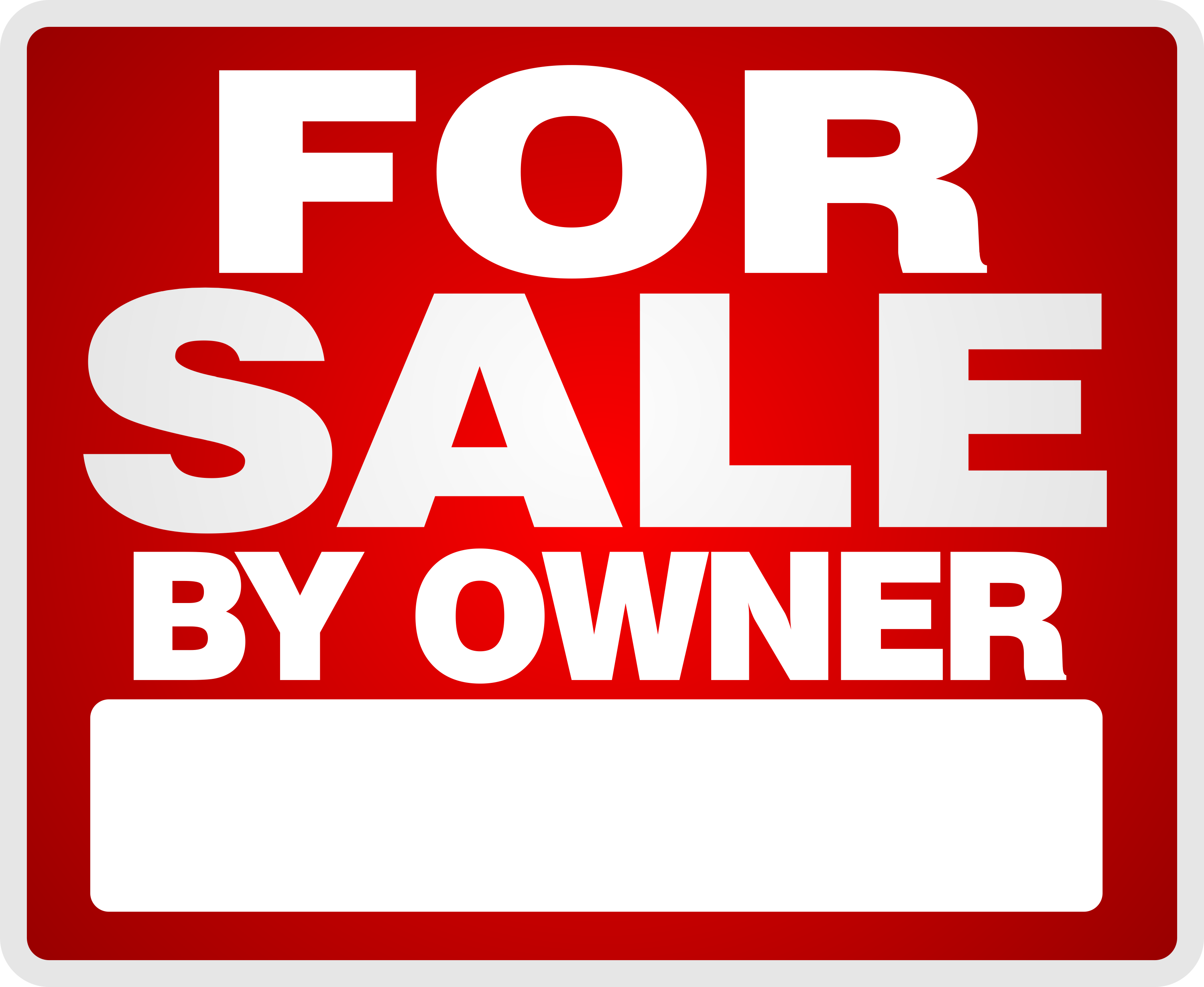



If the free options are not providing you with the desired results, you can always consider using paid online services. You can find out information about the property’s ownership, the estimated value of the house, and whether it is owned by an individual or by a business. Parcel maps, also known as property or tax maps, can identify a property’s exact boundaries. This resource isn’t available in every state, but you can sometimes collect more information about that property’s owner with online parcel maps. It’s different view levels and help you zoom in and get the exact property address. If you only know the general vicinity of the home and not the actual address, you can sometimes use Google Maps. Approaching the inhabitants of the home may be awkward or uncomfortable, but you can also consider leaving them a note or writing them a letter. This is the fastest way to get the information you’ll searching for: whether or not the house is, or will soon be, listed on the real estate market. He or she can provide further assistance with finding who owns a property. You should consult with a real estate attorney if the other options weren’t fruitful. With this in mind, we don’t recommend relying fully on internet searches to confirm property ownership.
#LOOK UP HOUSE OWNER UPDATE#
Keep in mind that the information you access is only as good as the latest update in other words, if the online information is current you may get inaccurate information. By searching the property’s address online in search engines or on websites like 411.com, you can often find the property’s owner information. The Internet can be the cheapest way to find a property owner if you’re unsure if a house is, or will be, listed for sale. Title searches are usually done during the buying stage, but we can also use it to get general property owner information. For instance, a title search will also detect if there are an issues with the property. Requesting property records from a title company can cost you anywhere between $200 and $400, but you would also be getting some worthwhile information other than homeowner information. Visit the library to view their online records database or hardcopy archived records. The local library is an often looked-over repository for historical records, including those containing property owner information. They’re also able to do some additional digging to locate additional property information like sales history. Real estate agents also have access to official property records. The property owner’s information would be included on these documents. The county clerk’s office maintains official government records like notice of sale and the bill of sale.


 0 kommentar(er)
0 kommentar(er)
